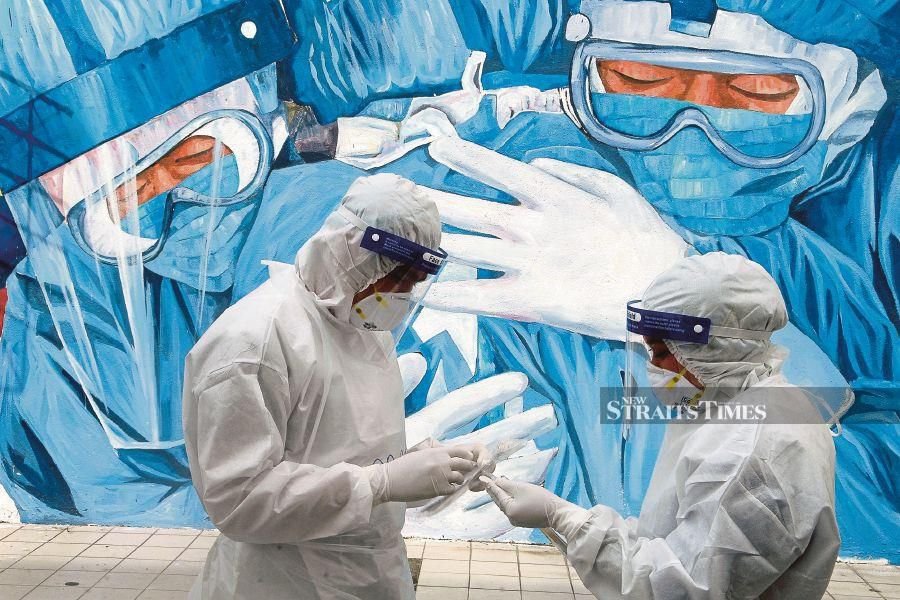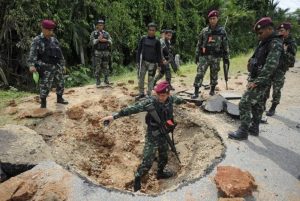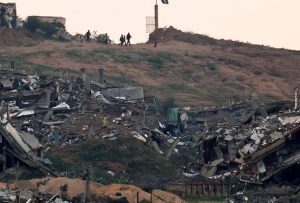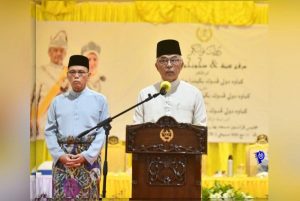
KUALA LUMPUR – The Covid-19 pandemic, apart from forcing everyone to take a long, hard look at the healthcare system, has also helped Malaysians understand the importance of mutual trust.
Health and humanitarian expert Tan Sri Dr Jemilah Mahmood said Malaysians demonstrated their strength by coming together as one during the pandemic.
“When we look globally, we haven’t done badly in the sense that we have a health system that is robust and dedicated health workers. I really salute them.
“But if you look at what could have been done better, the issues were amplified when Klang Valley (Covid-19) cases rose. That was also when we were able to address the pandemic together.
“When everybody came together, we realised that it wasn’t just about medical care. Another aspect of managing future crises is actually building trust.
“If we don’t build trust, we won’t be able to manage the pandemic.”
She said this during a panel discussion at the launch of the book Systems Thinking Analyses for Health Systems Policy and Systems Development: A Malaysian Case Study at the Kuala Lumpur Convention Centre on Monday.
The book was the outcome of a study by the United Nations University-International Institute for Global Health (UNU-IIGH), the UN think tank on global health.
The panel discussion was moderated by UNU-IIGH research lead Professor David McCoy. Other panellists were Professor Jomo Kwame Sundaram of the Khazanah Research Institute and Tan Sri Dr Abu Bakar Suleiman of the International Medical University.
They spoke about lessons from the pandemic that could help Malaysia’s healthcare system prepare for future shocks and crises.
Asked whether Malaysia made the right decisions during the pandemic, Dr Abu Bakar said there was no absolute right or wrong.
“There won’t be a standard answer for any country, but we need to decide which decision is the best for our country.
“We have to be more productive. If you want to do things on the prevention side better, we have to redesign the healthcare delivery system. We have to be better at surveillance, we have to do more testing and be more efficient at contact tracing and act fast.
“Apart from that, we must know that everyone was not treated equally. We have to take mental health seriously as our healthcare workers suffered badly.
“The community is important, technology is important. If we could have monitored patients at home with technology, won’t we have done better?
“We have to understand the lesson learnt from the pandemic is that it was all countries for themselves. That is the reality.”
He said the government had to be firm on Covid-19 standard operating procedure to avoid a repeat of the past, where the people were left confused by constantly changing regulations.
Source: NEW STRAITS TIMES








